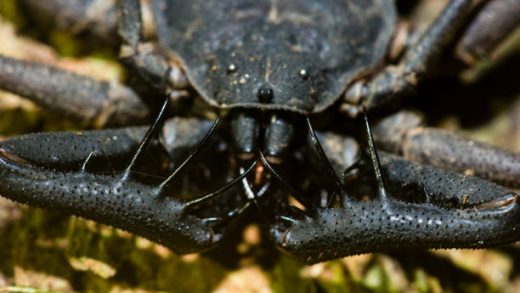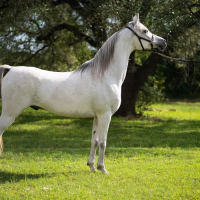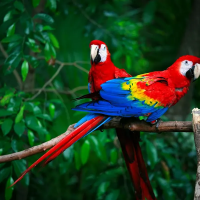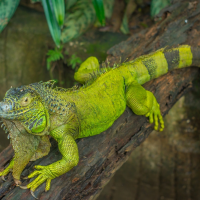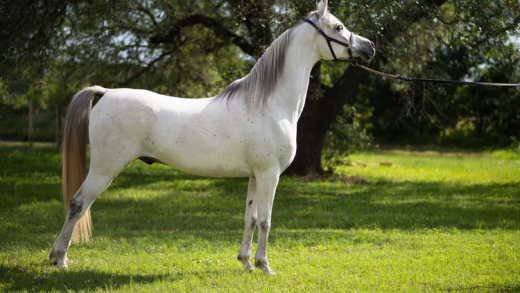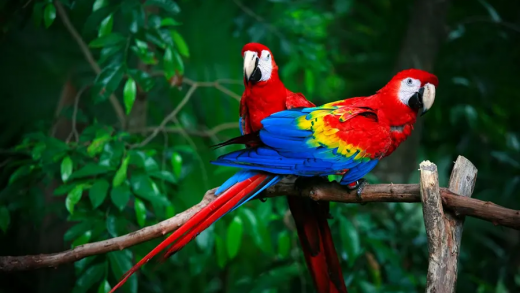Exotic pets mammals with distinctive features and captivating behaviours, like ferrets, sugar gliders, hedgehogs, and chinchillas, are becoming more and more popular as pets. But these creatures have unique health issues that call for particular training and attention. This article examines typical health problems in exotic mammals and offers helpful advice on how to avoid them so that your special pet stays healthy.
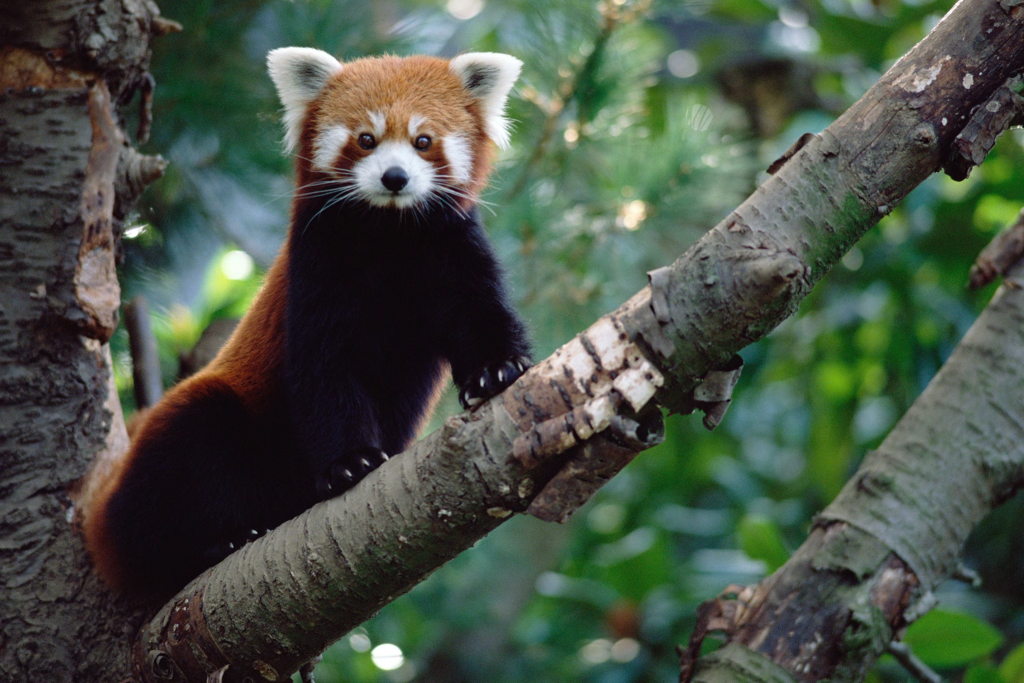
Table of Contents
Dental Disease in Exotic Pets Mammals
Causes and Symptoms
In exotic mammals, dental illness is a common problem, especially in species where teeth grow continually, such as guinea pigs and rabbits. Malocclusion, infections, and enlarged teeth can result from poor diet and dental care. Drooling, trouble eating, weight loss, and swelling jaws are some of the symptoms.
Prevention
Appropriate Diet: To help naturally wear down your rabbits’ and guinea pigs’ teeth, feed them a diet high in fibre, like hay. Provide safe chew toys to aid in maintaining dental health.
Frequent Vet Checks: Arrange for routine veterinary examinations to keep an eye on and treat tooth problems early.

Respiratory Infections
Causes and Symptoms
Exotic pets respiratory infections can be brought on by viruses, bacteria, or unfavourable environmental circumstances. Sneezing, nasal discharge, coughing, laboured breathing, and fatigue are among the symptoms.
Prevention
Clean Environment: To avoid the growth of dangerous microorganisms, keep the enclosure clean and well-ventilated.
Prevent Drafts: Make sure there are no drafts or significant temperature swings in the environment.
Quarantine New Pets: To stop the spread of illnesses, isolate new pets for a while before bringing them in with the current animals.

Gastrointestinal Problems
Causes and Symptoms
Many exotic pets mammals have digestive (GI) problems, which are frequently brought on by nutritional imbalances, stress, or underlying medical diseases. Constipation, bloating, diarrhoea, and appetite loss are among the symptoms.
Prevention
Balanced Diet: Provide a high-fiber diet suitable for the species and refrain from making abrupt dietary changes.
Hydration: To avoid dehydration and promote intestinal health, make sure you always have access to clean water. Reduce stress by keeping your surroundings and routine consistent.
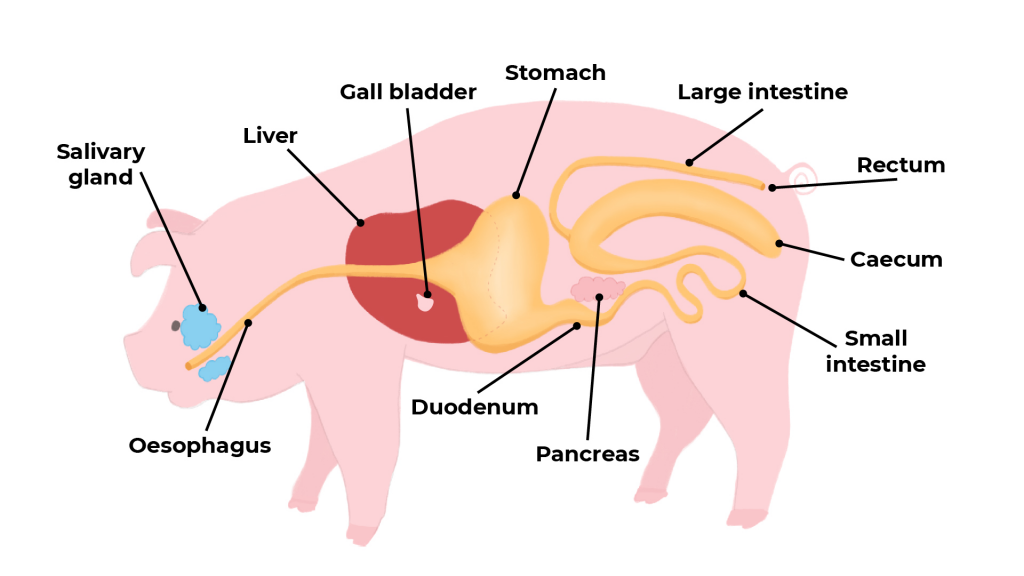
Skin and Fur Issues
Causes and Symptoms
In exotic pets mammals skin and fur issues like mites, fungal infections, and allergies are frequent. Itching, hair loss, redness, and visible parasites on the skin are some of the symptoms.
Prevention
Regular Grooming: Groom your pet on a regular basis to prevent skin problems and preserve the health of their coat.
Clean Habitat: To avoid mite infestations and fungus growth, keep the cage dry and clean.
Healthy Diet: To promote healthy skin and fur, serve a balanced diet.

Obesity
Causes and Symptoms
In Exotic pets mammal obesity is usually caused by overfeeding and inactivity. Numerous health concerns, including as diabetes, heart disease, and joint disorders, might result from it. Lethargy, trouble moving, and excessive weight gain are some of the symptoms.
Prevention
Managed Diet: Keep an eye on serving sizes and steer clear of sugary, high-fat snacks.
Promote Exercise: Make it easier for people to get moving by giving them toys, exercise wheels, and secure areas to explore.
Frequent Monitoring: Monitor your pet’s weight and ask your veterinarian about recommended diets.
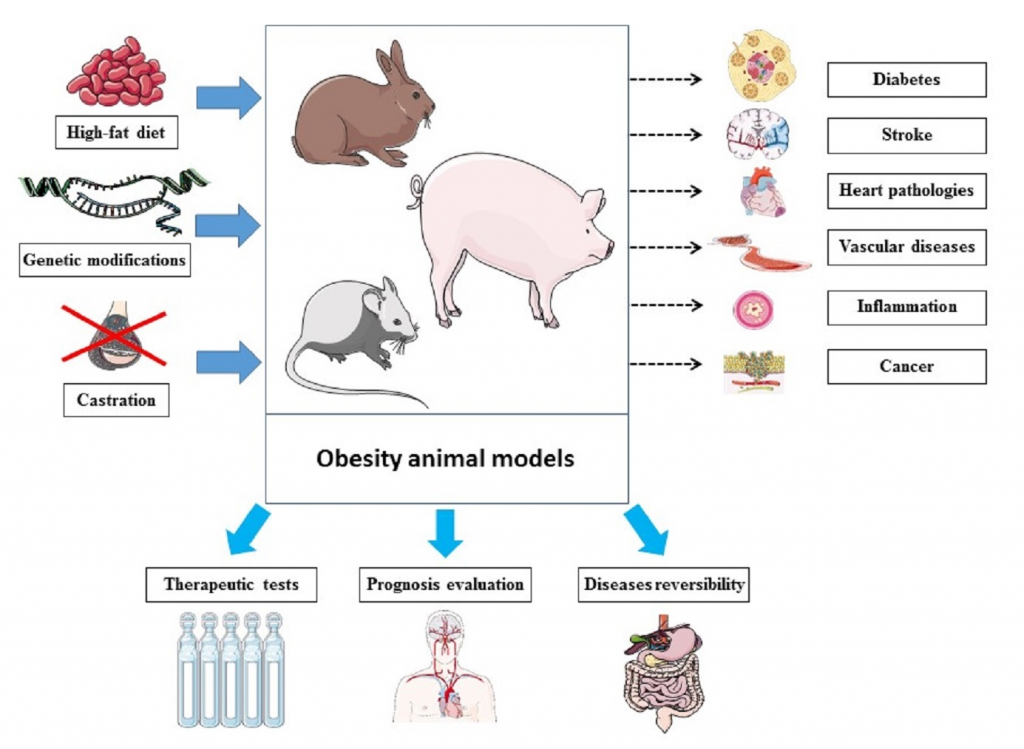
Conclusion
Understanding the unique needs of exotic mammals and giving them the proper care such as a balanced diet, a clean and stimulating environment, routine veterinary checkups, and careful observation of their behaviour and physical state are key to preventing health problems in them. You can guarantee the health and happiness of your exotic pets mammal by adopting preventive measures. Taking care of your exotic pet requires constant learning and adjustment to suit its particular requirements.
People also search for: Devon Rex: Unveiling The Charm of This Rare Cat Breed (2024)



